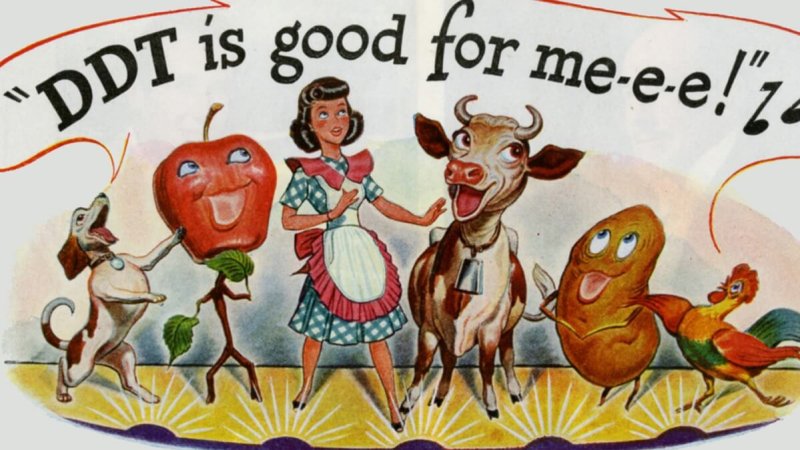Friends and family often ask Barbara Cohn, an epidemiologist at Oakland’s Public Health Institute, why she studies the effects of the long-banned pesticide [DDT]. Her answer: DDT continues to haunt human bodies. In earlier studies, she found that the daughters of mothers exposed to the highest DDT levels while pregnant had elevated rates of breast cancer, hypertension and obesity.
Cohn’s newest study, on the exposed women’s grandchildren, documents the first evidence that DDT’s health effects can persist for at least three generations. The study linked grandmothers’ higher DDT exposure rates to granddaughters’ higher body mass index (BMI) and earlier first menstruation, both of which can signal future health issues.
“This study changes everything,” says Emory University reproductive epidemiologist Michele Marcus, who was not involved in the new research. “We don’t know if [other human-made, long-lasting] chemicals like PFAS will have multigenerational impacts—but this study makes it imperative that we look.” Only these long-term studies, Marcus says, can illuminate the full consequences of DDT and other biologically disruptive chemicals to help guide regulations.































